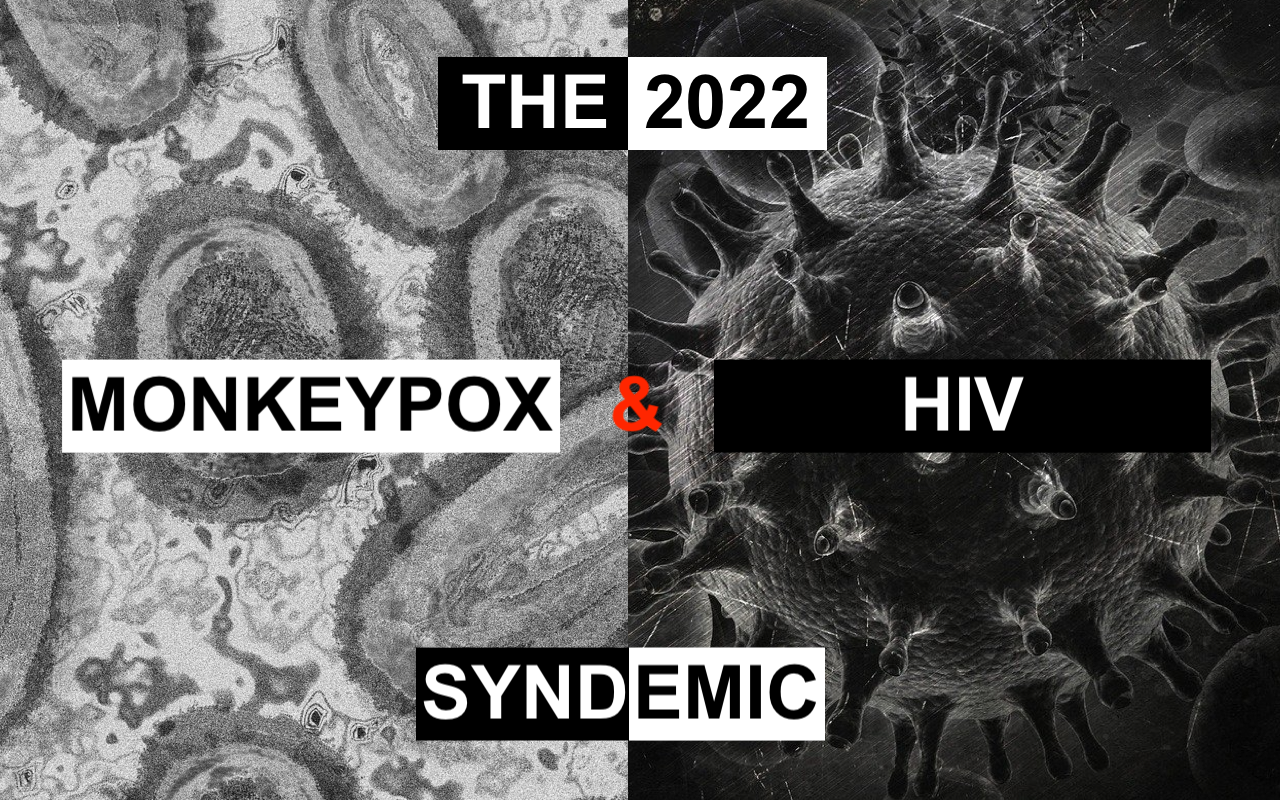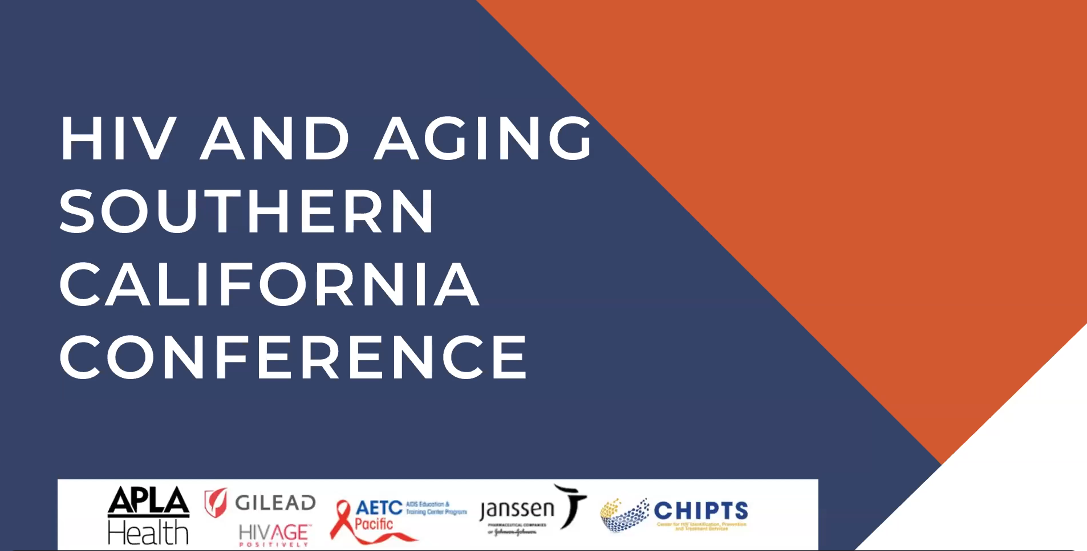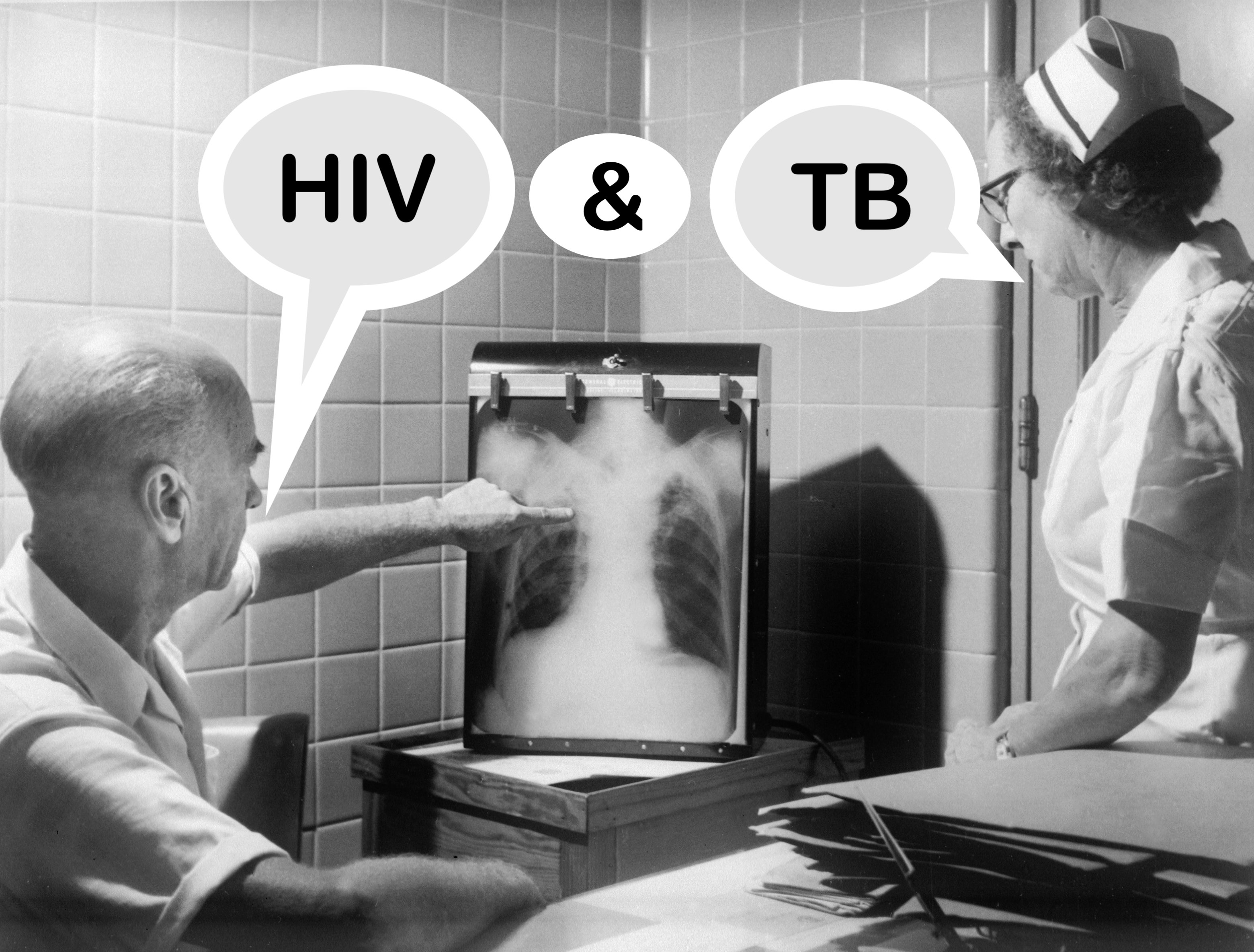Pacific AIDS Education & Training Center
The largest outbreak of Mpox (previously called Monkeypox) globally and in the United States has been ongoing since May 2022. People living with HIV have been disproportionately impacted by Mpox. This course will review the history, trends of the current outbreak, virology, clinical manifestations, testing, prevention, and management of Mpox.
By the end of this training, participants will be able to:
- Identify risk factors, transmission routes, and clinical manifestations of Mpox.
- Counsel patients on strategies to reduce their risk of Mpox infection.
- Describe the currently available testing methods, preventive methods, and treatment of Mpox.

Be the end of this training participants will be able to:
- Describe real-world challenges and solutions for people aging with HIV.
- Explain how psycho-social barriers affect people aging with HIV.
- Strategize realignment of existing services for older adults living with HIV.

Tuberculosis and HIV is a disease of poverty that need to garner more attention from the global community. This presentation aims to be a primer for TB/HIV co-infection for those learning the basic concepts of both. Through this presentation, the learner will be able to explore the link between HIV, Tuberculosis and Poverty and gain familiarity with diagnosing active tuberculosis, first-line therapy for drug-susceptible tuberculosis and management for diagnosis and treating latent tuberculosis infection. Implications to the link to poverty will be further explored with an introduction to the existence of Drug-Resistant Tuberculosis and the global movement to end the TB Epidemic.
Be the end of this training participants will be able to:
- Visualize the global burden of Tuberculosis and Tuberculosis/HIV Co-infection.
- Understand the diagnosis and treatment for uncomplicated, first-line drug susceptible tuberculosis in the setting of HIV.
- Become aware of the diagnosis and treatment options for Latent Tuberculosis in the setting of HIV.
- Explore the link between Poverty, HIV and Tuberculosis.

For many years oral antiretroviral medications have been the only medications available for persons living with HIV. However, long-acting injectable antiretroviral medications are now available as an alternative for people who meet specific criteria. This lecture will review long-acting injectable ART.
By the end of this training, participants should be able to:
- Review available drug regimen options and recommendations for the initiation of HIV antiretroviral treatment (ART).
- Describe the treatment guidelines and recommendations for prescribing cabotegravir/rilpivirine as injectable (ART).
- Compare and contrast the benefits and potential pitfalls of prescribing injectable ART.

This will be a case-based lecture where we discuss multiple barriers to care for HIV patients. We will then discuss possible modalities to address these barriers to care. We will discuss some studies that have shown that these interventions work in reducing HIV burden and decreasing viral loads.
- Describe the importance of retention of care.
- Explain performance measures for retention.
- State 2 common reasons for decreased retention rates.
- Identify 2 common strategies to increase retention rates.

By the end of this training, participants will be able to:
- Describe the four (4) components of the spirit of Motivational Interviewing (MI), and why each is important to the effective application of MI.
- Explain the rationale for using MI skills in HIV treatment settings.
- Define at least three (3) key principles of MI that that can be utilized in conversations with clients.
- Describe the importance of active listening before problem-solving solutions for the client.
- Describe and demonstrate the effective delivery of at least three (3) MI micro-skills that can be used to help increase readiness for change.

